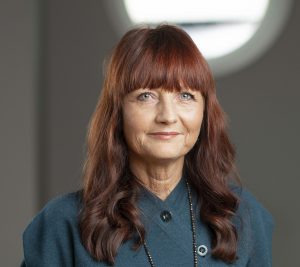IF Metall
About IF Metall
The Swedish Workplace Programme (SWP) is built on a partnership between the International Council of Swedish Industry (NIR) and the Metal and Industrial workers union, IF Metall.
IF Metall is national Swedish Trade Union organising blue-collar workers within the manufacturing sector. Our membership is approximately 300 000 and we represent about 77% of all blue-collar workers in the sectors where we organise.
A union for communication and cooperation
Metal and Industrial workers union, IF Metall provide expertise and experience in the Swedish Model – specifically in Social dialogue as it is proven method in achieving decent work. The collaboration is also using the unions’ experience in industrial relations with global companies. The collaboration with the three parties (companies, unions and employees) is often used in Workplace Programmes and IF Metall supports the dialogue structure needed.
Trade unions and companies represent different interests. Unions main role is to represent workers, protect their interest and strive for as good and safe working conditions as possible. Companies role is to provide owners and shareholders return on their investments, but at the end of the day a pre-condition for both parties/stakeholders is that the company is successful and profitable. If not, there will be nothing for workers and their unions to negotiate, no dividends to the owners/shareholders.
Dialogue and cooperation between trade unions and companies/employers is core and essential for us as a trade union. Dialogue and cooperation are the tool for development of a company and their ability to compete on the market and by then give conditions for improvement of working conditions. By self-experienced evidence, we know that dialogue and cooperation is beneficial for workers, for companies and as well for society as a whole! It’s a Win, Win, Win situation!
"Cooperation built on dialogue, mutual respect, inclusiveness, involvement and influence, instead of a relation built on conflict, is much more beneficial for everyone! That’s why IF Metall cooperate with NIR with the aim to contribute to mature industrials relations at workplaces and within companies"
Marie Nilsson, President IF Metall

"Companies that collaborate with and actively involve employees and their representatives in the entire company's operations, are in a much better position to handle issues and challenges that are important for the employees and for the company's development. It creates -preconditions for a successful company, secure employment and good working conditions. It’s a Win-Win situation! "
Mats Svensson, International Secretary IF Metall

Visit IF Metall's website if you want to know more
The website’s content and navigation is in Swedish, but you can use the translation service at the top of the page to get the content in your preferred language.

